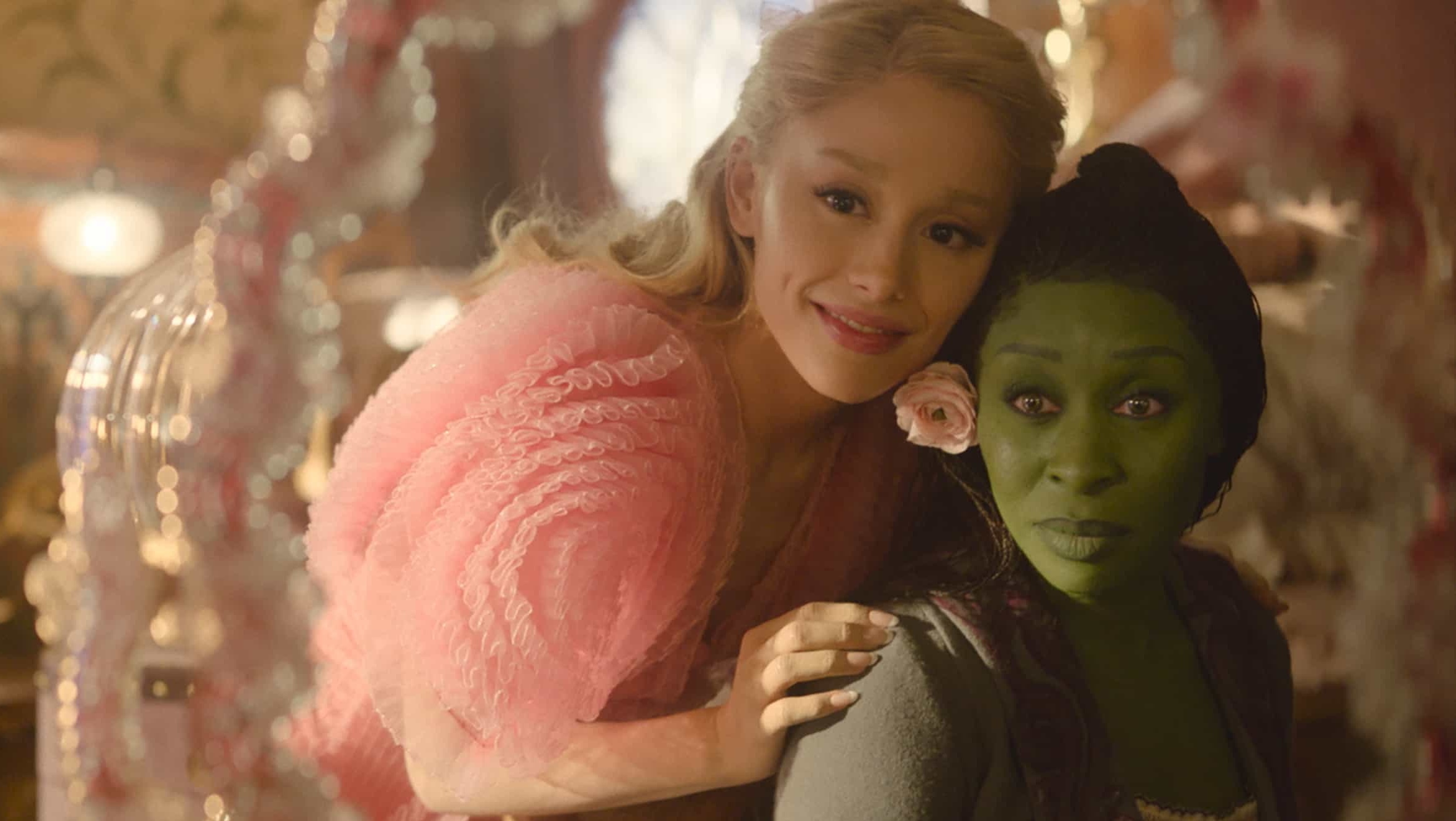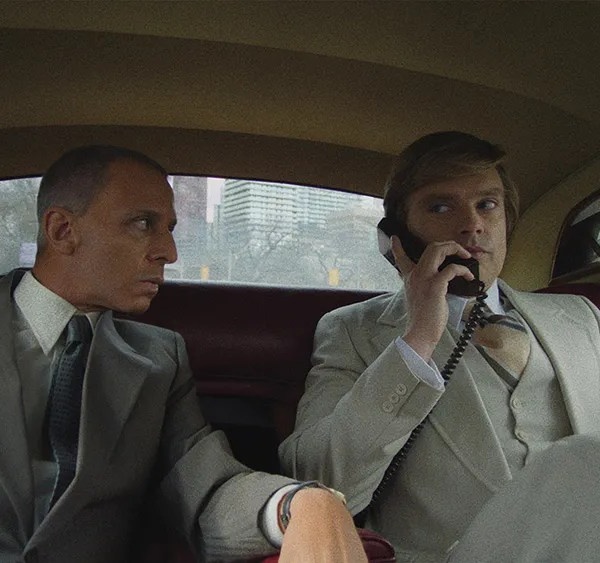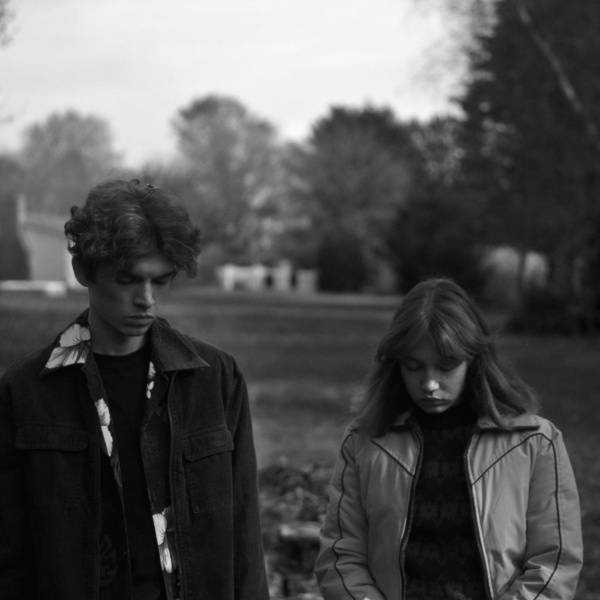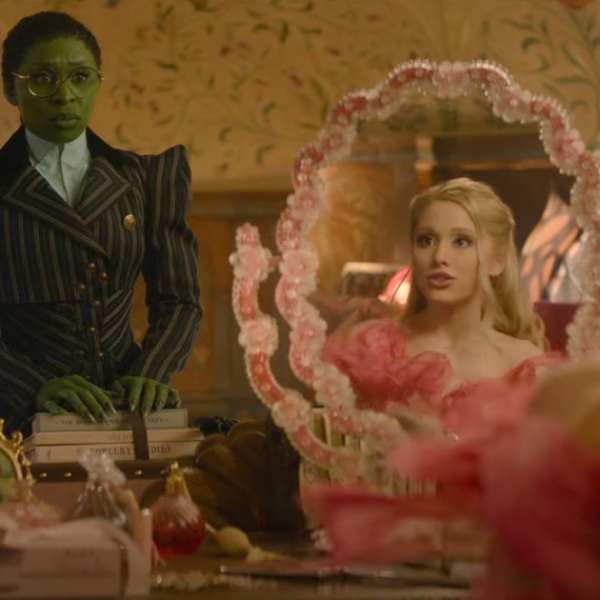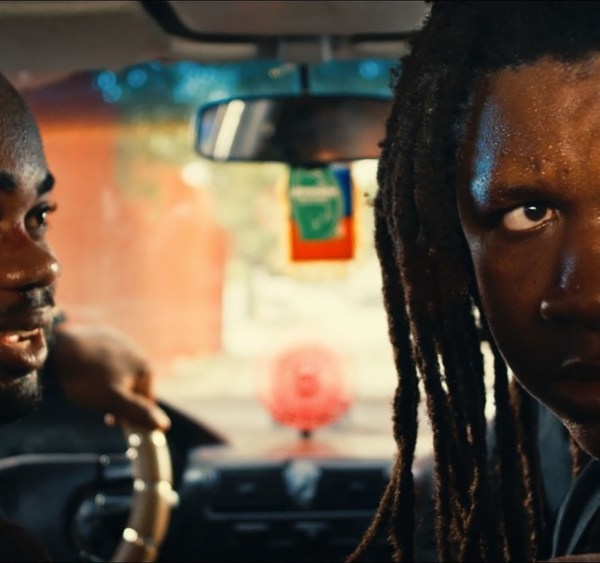The following article is an excerpt from the new edition of “In Review by David Ehrlich,” a biweekly newsletter in whichour Chief Film Critic and Head Reviews Editor rounds up the site’s latest reviews and muses about current events in the movie world. Subscribe here to receive the newsletter in your inbox every other Friday.
I might have hated “Wicked.”
I say “might” not because I’m unsure of my general feelings toward the film (it’s the single most agonizing thing I’ve sat through this year, which includes the “Ian Holm” scenes in “Alien: Romulus,” the Jake Paul fight with Mike Tyson, and the root canal I got while being forced to watch “The Whale” on a TV screen embedded in my dentist’s ceiling), but rather because I’m unsure of what it means for me to hate a piece of art at a time when hair-trigger hostility is so deeply suffused into the air we breathe.
Sure, “piece of art” might be a generous way of describing the hideous first half of an $145 million studio musical adapted from a Broadway show that still feels like a Times Square tourist attraction even though it’s staged on 51st Street, but the fact remains that performative revulsion — once a semi-exclusive province of the critical class — has become the lingua franca of a country that’s forgotten any other way of expressing itself.
Subscribe to In Review by David Ehrlich and you’ll be the first to read the latest insights from IndieWire’s chief critic David Ehrlich, along with the best of our film and TV reviews.
Don’t worry, this isn’t going to be some cringey post-election kumbaya about how “Wicked” showed me that we need to be nice to each other (largely because I wrote one of those already), but I do find myself questioning the value of the same vituperativeness that used to come so easy. How bad can a film about goodness really be in the spray-tanned face of American fascism, and what purpose would it serve for someone like me to shit all over it when everything else in the world is so much worse?
“What did you do during the war, Daddy?” “Well, I rolled my eyes really hard at ‘Shiz University’ and its freshman class of 35-year-olds, and I did everything in my power to let people know that ‘Defying Gravity’ is smothered by so much CGI that it can’t even get off the ground.”
This isn’t to suggest that critics should be more permissive toward Hollywood slop at a moment when mediocrity is more pernicious than ever. As if superhero movies and “live-action remakes” weren’t bad enough, the threat of generative AI has lent my profession a new degree of moral urgency: It reminds us that we’re the first line of defense in society’s last stand against lowered expectations, which is a role that I’ve always taken seriously in an “Albert Brooks in ‘Broadcast News’” sort of way.

But when the lights came up after my screening of “Wicked” last week, my first thought wasn’t “I can’t wait to egregiously rip this movie in half” (or quarters, as it were), it was “I should ask [IndieWire Editorial Director] Kate Erbland to review this so I don’t have to.” I only had a few seconds to catch her before her screening of the movie began, and trust me when I say that no one in history has ever been so eager to open the Slack app on their phone (Kate ultimately gave part one of “Wicked” a B-, which is her equivalent of a D+).
As the “Wicked” discourse has kicked off over the last few days and all of my peers have started to weigh in on the movie, I’ve found myself trying to make sense of that reaction — a reaction that would seem to run counter to the instincts of a critic. More specifically, to theinstincts of this critic. I’ve never thought of myself as a hater, and there’s no comparison between the enormous satisfaction I take in a rave and the momentary catharsis I can rescue from a pan, but I concede that my scathing reviews of movies like “Mother’s Day,” “Bright,” and “Mektoub, My Love: Intermezzo” probably have a longer shelf life than most of the awestruck odes I’ve written over the years, and there was definitely a time when I would have feasted on the bones of a blockbuster grotesquerie like “Wicked.”
So what’s changed?
Want to read the rest? Subscribe to In Review by David Ehrlich and you’ll be the first to read the latest insights from IndieWire’s chief critic David Ehrlich, along with the best of our film and TV reviews.
